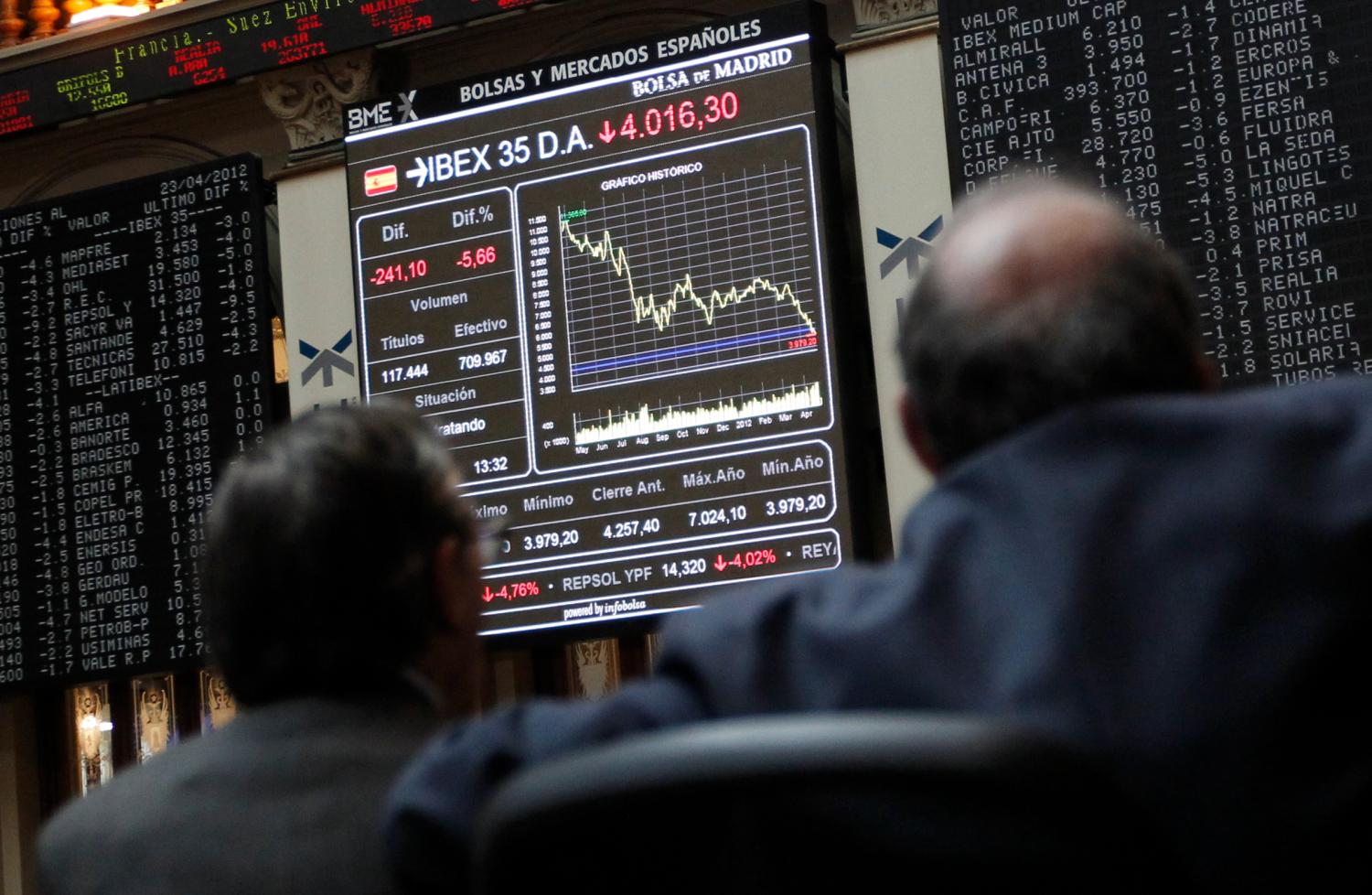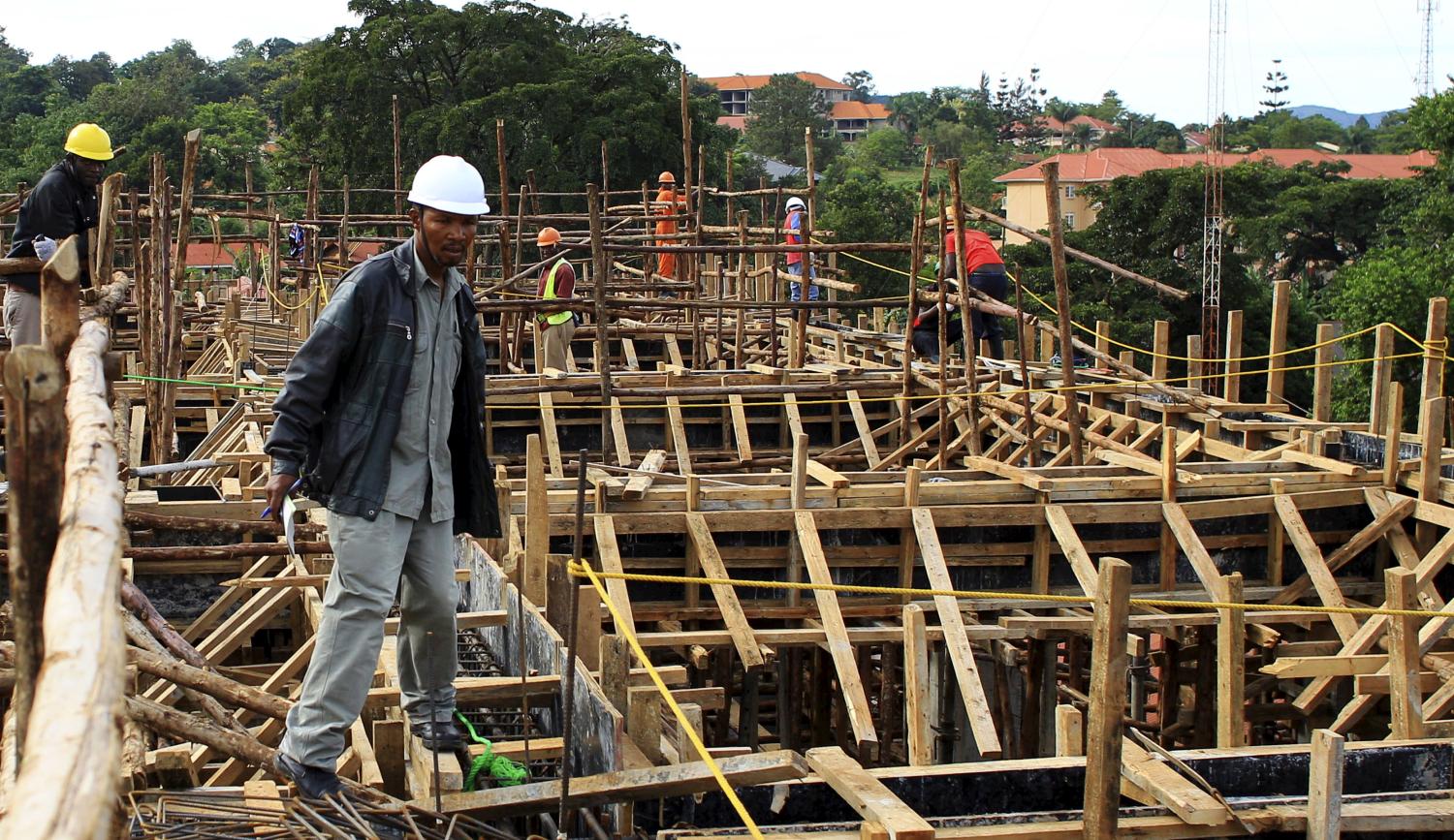Leaders will head to the G-20 Summit in Los Cabos, Mexico, among renewed serious concern about the world economy. The turmoil that started with the U.S. subprime mortgage crisis has resulted in now almost five years of ongoing instability. The emerging market economies fared much better than the advanced economies and pulled out of the crisis already in 2009, but the slowdown we are now facing in 2012 is again global, demonstrating the interdependence in the world economy. The emerging market economies have stronger underlying trend growth rates, but they remain vulnerable to a downturn in the advanced economies. The center of concern is now squarely on Europe, with a recession threatening most European countries, even those that had reasonably good performances so far. After an encouraging start in 2012, the U.S. economy, while not close to a recession, is also showing signs of a slowdown rather than the hoped for steady acceleration of growth. And the slowdown is spreading across the globe.
At a time like this it would be desirable and necessary that the G-20 show real initiative and cohesion. The essays in this collection look at the challenge from various angles. There is concern that the G-20 is losing its sense of purpose, that cohesion is decreasing rather than increasing, and that policy initiatives are reactive to events rather than proactive. Let us hope that at this moment of great difficulty, the G-20 will succeed in giving the world economy a new sense of direction and confidence. It is much needed.
Download » (PDF)
Introduction
Leaders will head to the G-20 Summit in Los Cabos, Mexico, among renewed serious concern about the world economy. The turmoil that started with the U.S. subprime mortgage crisis has resulted in now almost five years of ongoing instability. The emerging market economies fared much better than the advanced economies and pulled out of the crisis already in 2009, but the slowdown we are now facing in 2012 is again global, demonstrating the interdependence in the world economy. The emerging market economies have stronger underlying trend growth rates, but they remain vulnerable to a downturn in the advanced economies. The center of concern is now squarely on Europe, with a recession threatening most European countries, even those that had reasonably good performances so far. After an encouraging start in 2012, the U.S. economy, while not close to a recession, is also showing signs of a slowdown rather than the hoped for steady acceleration of growth. And the slowdown is spreading across the globe.
Downloads:
A Fragile and Fickle Recovery
Eswar Prasad and Karim Foda discuss the fears that continue to loom over a world economy, which remains on life support, largely provided by accommodative central banks. They stress that the G-20 leaders must use the platform of the summit to show that they not only understand what needs to be done but also that they have a concrete plan to take the measures needed to restore growth and stability.
Downloads:
Whither the G-20: Proposals for a Focused Agenda
Johannes Linn argues that the novelty of the G-20 forum has worn off since leaders first met almost four years ago. With legacy issues from previous summits now crowding the agenda, Linn proposes that the G-20 needs a focused agenda that keeps leaders’ attention on the critical longer-term issues, even as it grapples with the short-term crises of the day.
Downloads:
The G-20, the IMF and the European Debt Crisis
Domenico Lombardi examines how new uncertainties have reversed signs of a stabilization in the eurozone following the inconclusive outcome of the Greek elections and escalating pressures in Spain’s financial sector. Lombardi states that the upcoming summit should provide an opportunity to finalize agreement on the additional resources that the IMF will need to provide a backstop to an unraveling in Europe, and argues that G-20 leaders must escalate pressure on Germany to move quickly on a mutually-coordinated response to the escalating crisis.
Downloads:
Supporting Financial Innovation and Stability in Africa’s Agriculture
Vera Songwe and Mwangi Kimenyi explore the challenge for African countries in sustaining their growth rates in a volatile and uncertain global economy. They stress that the challenge for G-20 leaders will be to ensure that the much needed financial regulation designed to prevent another global crisis does not endanger access to finance for African agribusinesses and farmers.
Downloads:
The G-20 Pivot toward Trade
Joshua Meltzer emphasizes the importance of the international trade agenda for the G-20. He argues that the G-20 needs to provide leadership on how to renew the centrality of the World Trade Organization as a driver of trade liberalization and for developing new trade rules for the 21st century.
Downloads:
Why the G-20 Must Prioritize Financial Inclusion to Promote Global Growth
With fostering financial inclusion to promote economic growth as a key agenda item of the G-20 Mexican presidency, Mwangi Kimenyi and Vera Songwe assess the ability of expanding mobile financial services technology to address issues of financial inclusion in developing countries and the role of the G-20 in promoting this agenda.
Downloads:
Green Growth: G-20 Leaders Can Set the Stage for Rio+20
With green growth also a key priority for the G-20 meeting in Los Cabos, Katherine Sierra asserts that G-20 leaders should reaffirm the importance of the green growth agenda. Also, with the Mexico Summit coming just days before leaders gather in Rio de Janeiro to celebrate the 20th anniversary of the United Nations Conference on Sustainable Development, Sierra contends the G-20 must send a strong signal of support that investment in green growth can be good for both economic growth and the environment.
Downloads:
The G-20 Has Disappointed on International Financing
Homi Kharas contends that to date the G-20’s focus on the international financial architecture has largely been concerned with stability issues rather than growth. Kharas maintains that in order to strengthen and sustain global growth the G-20 should urgently consider whether the existing institutional structure is adequate for promoting the huge flows of capital that developing economies need for critical infrastructure investment.
Downloads:
The Brookings Institution is committed to quality, independence, and impact.
We are supported by a diverse array of funders. In line with our values and policies, each Brookings publication represents the sole views of its author(s).




